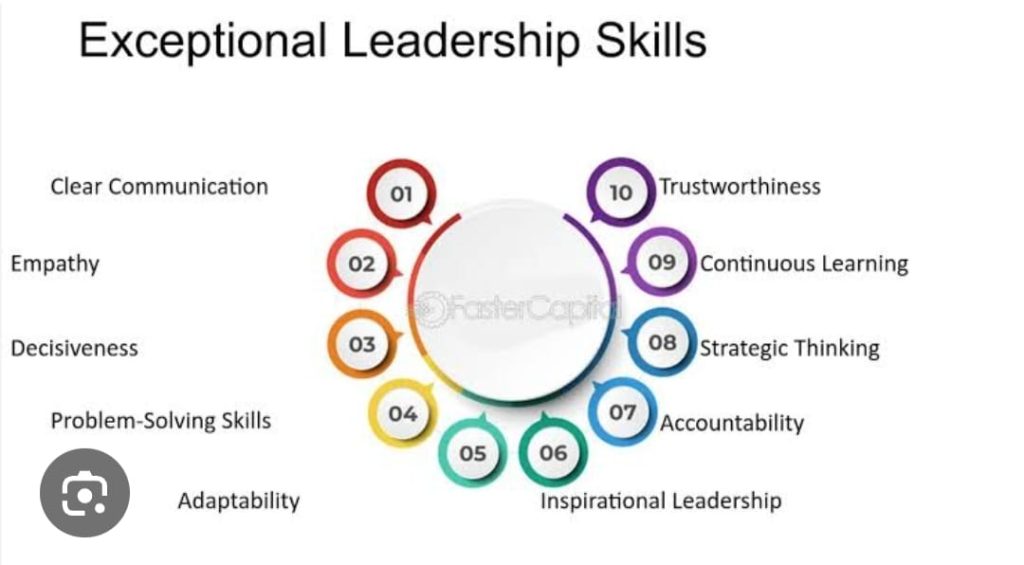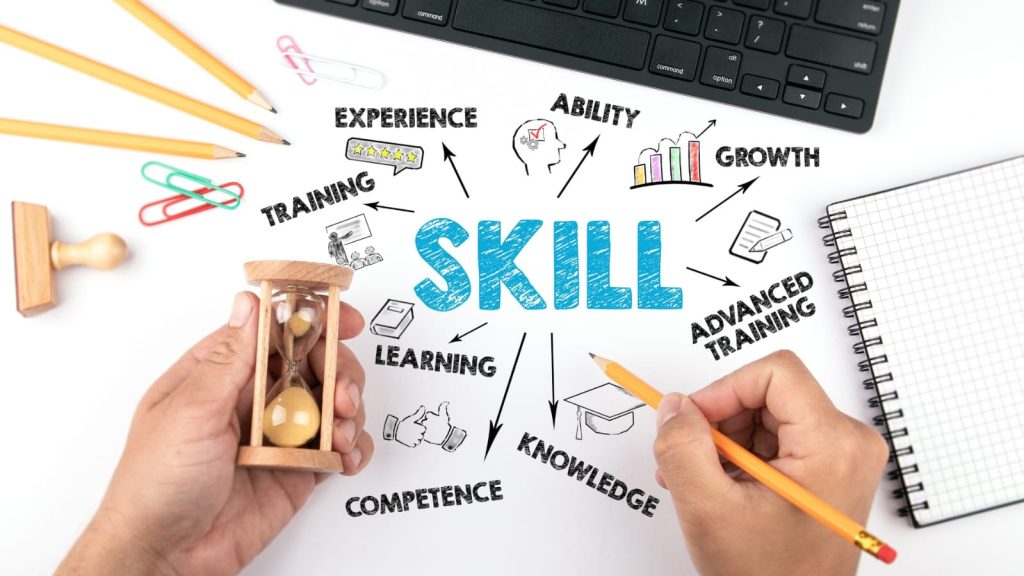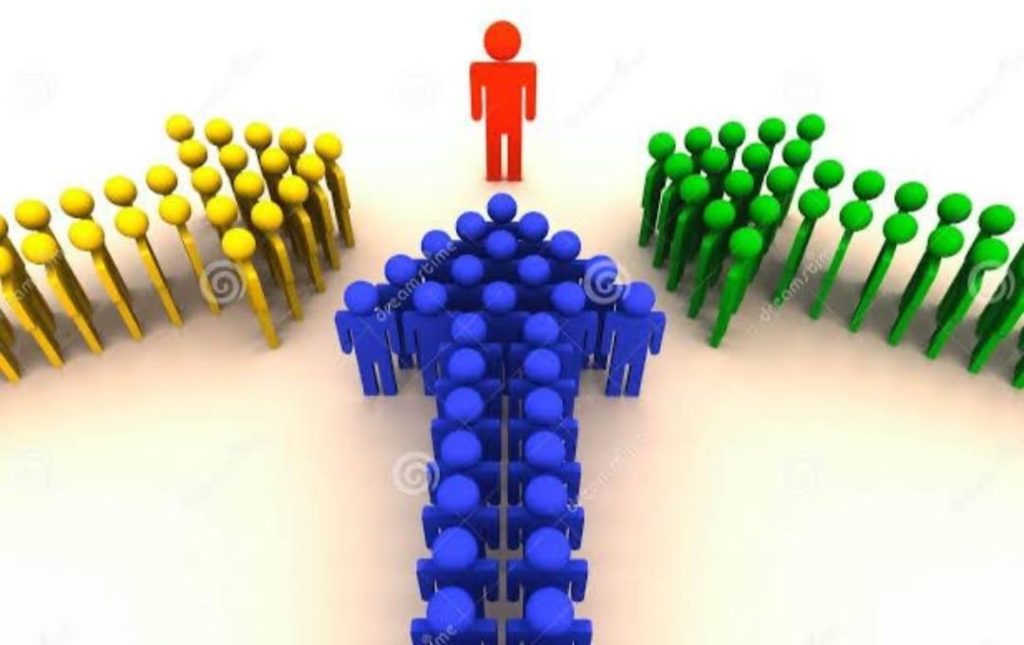Exceptional skill development involves a structured approach that encompasses several key components. Here are the main elements, along with real-life examples for clarity:

Goal Setting – What It Is: Establishing clear, measurable, and time-bound objectives is crucial. Goals provide direction and purpose.
Example: A professional athlete sets a goal to improve their sprinting speed by a certain percentage within six months.
Deliberate Practice – What It Is: Engaging in focused, repetitive practice that stretches one’s abilities beyond current limits. It involves feedback and adjustment.
Example: A pianist practices challenging pieces for several hours daily, taking lessons and receiving feedback from a teacher to refine their technique and interpretation.

Feedback Mechanism – What It Is: Consistent feedback from mentors, coaches, or peers helps identify strengths and areas for improvement.
Example: A software developer shares their code with a senior colleague for constructive criticism, allowing them to refine their coding skills and understanding of best practices.
Mentorship and Role Models – What It Is: Having mentors or role models can inspire and guide individuals through their development journey.
Example: An aspiring entrepreneur seeks advice from a successful business owner, learning about strategies, pitfalls, and the importance of networking.

Continuous Learning – What It Is: Staying updated with the latest trends and innovations in one’s field helps maintain a competitive edge. This can include formal education, workshops, or self-study.
Example: A digital marketer takes online courses to learn about emerging social media platforms and trends, adapting strategies accordingly.
Resilience and Adaptability – What It Is: The ability to bounce back from failures, learn from mistakes, and adapt to new situations is vital for skill development.
Example: A professional athlete who suffers an injury attends rehabilitation and adjusts their training routine to focus on strength and conditioning, remaining committed to their recovery and eventual return to competition.

Networking and Community Engagement – What It Is: Building a network of professionals in one’s field can provide support, new opportunities, and collaborative learning.
Example: A graphic designer attends industry conferences to meet peers and potential clients, gaining insights and opportunities that fuel their development.
Mindset Development – What It Is: Having a growth mindset, where one believes skills can be developed through effort and learning, is crucial for long-term success.
Example: A student adopts a growth mindset, viewing challenges in math not as insurmountable obstacles but as opportunities to learn and improve.

Cross-Disciplinary Learning
Learning from multiple fields allows for creative connections and innovation. For instance, a programmer might learn design principles, or a musician might study psychology to understand audience engagement.
Diverse knowledge widens perspectives and enhances problem-solving skills, leading to unique insights and advanced abilities.
Conclusion Exceptional skill development requires a combination of structured practice, ongoing learning, and the ability to adapt. By focusing on these components and learning from real-life experiences, individuals can significantly enhance their skills in any field.
combining these elements, you can work toward developing truly exceptional skills. It’s a journey that involves continuous improvement, resilience, and an eagerness to go beyond standard learning methods.
https://www.linkedin.com/in/satish-kakri-17224417/
https://nimblefoundation.org/
https://nimblefoundation.org/our-clients.html
Thanks for reading.







